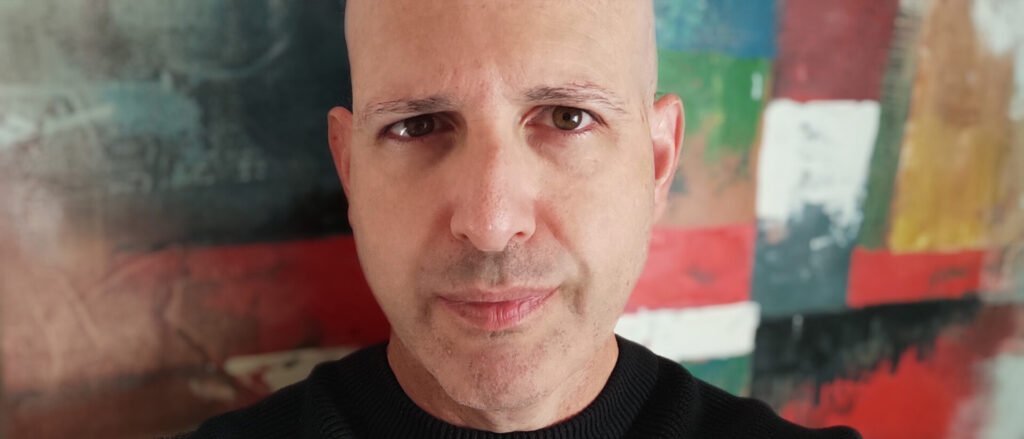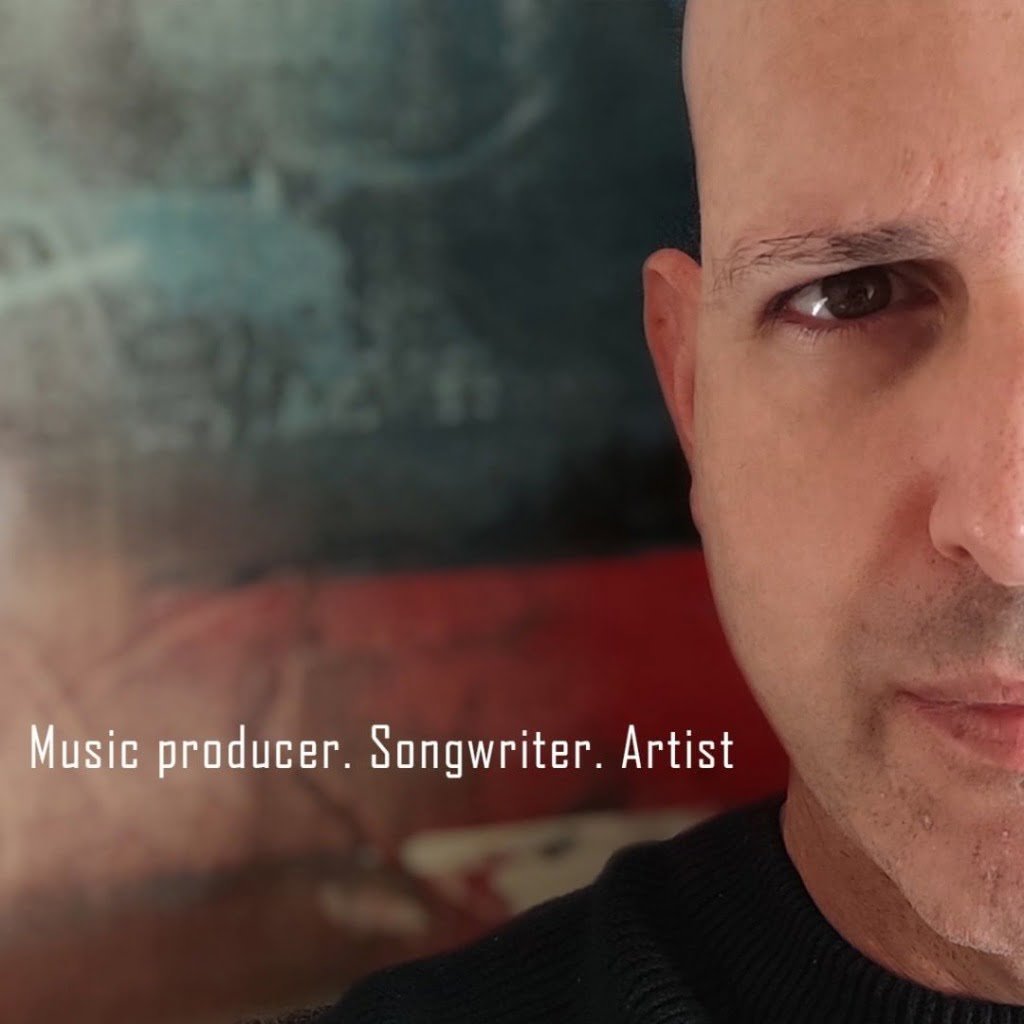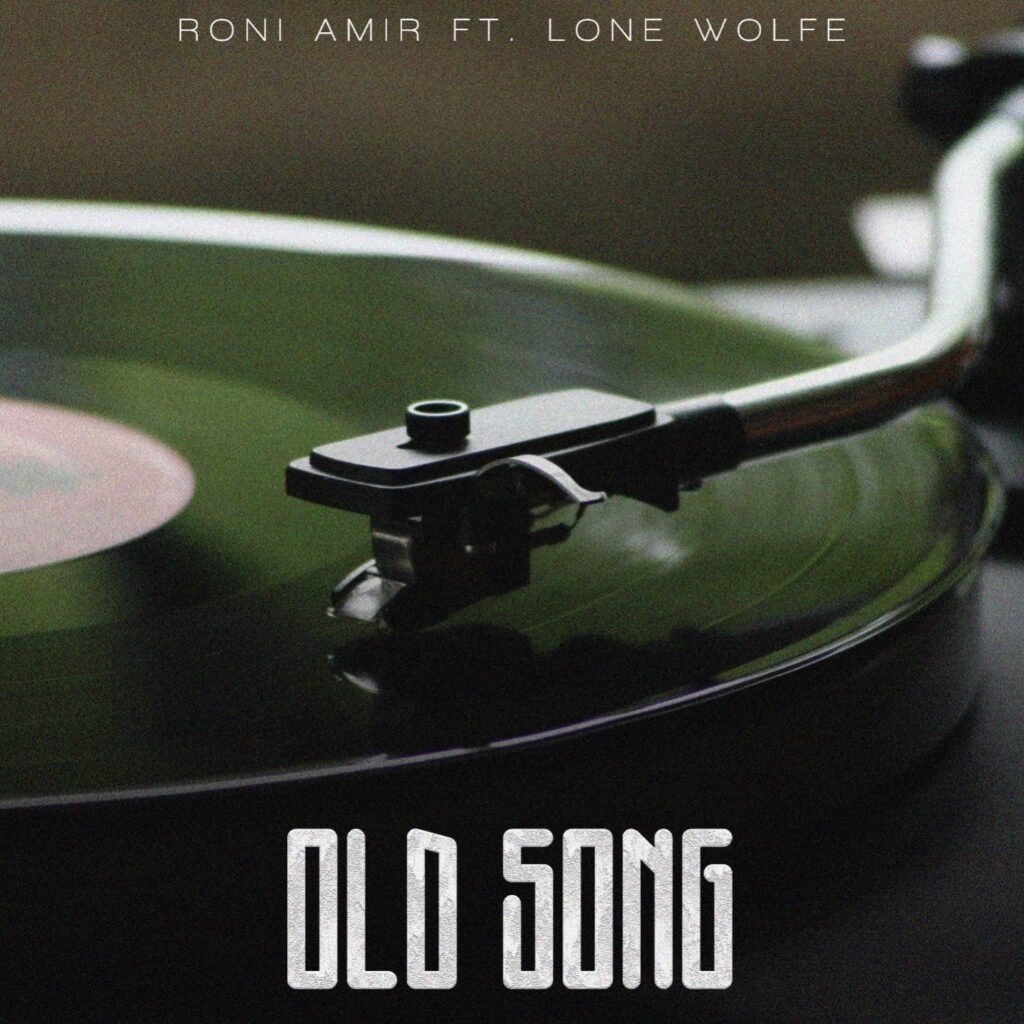Music producer, songwriter, and artist Roni Amir create music. He has been writing and producing music for many years, and recently he’s been working nonstop on an international project where he uses outstanding vocalists from all over the world on his tunes. He won’t feel constrained by a single idea or genre as a result. He is able to precisely pair the appropriate performer with the correct tune while producing in a variety of genres. Travel with Roni as she introduces you to various sounds and vibes. He released the Triphop – ambient – lo-fi music Falling of the leaves after releasing the track “Letting go.” Samuel Gelman, who is originally from the United States but currently resides in Israel, was featured after showcasing J Fitz from Ireland on “Letting go” and Ethan Cronin from England on “Along the road.”
His 2012 first album, “Sheket Aher” (Another sort of silence), was based on his experiences as a musician and Berklee College of Music student in Boston. His EP “Nedudim” was released in 2019. Political and societal themes were addressed in the songs “Metaiut,” “Dana,” “Tseva,” and “Kufsa Shhora.”
His most recent multinational project, which features vocalists from all across the world, includes Old Song. He had the opportunity to do so here by showcasing Australian vocalist Lone Wolfe. Since he carefully selected his vocalists, it took him some time to locate one who could sing that song in the way he desired. Check out the latest single & the exclusive interview below:

1. Can you tell us a bit about where you come from and how you got started?
RONI AMIR:My name is Roni Amir, I’m an Israeli music producer, songwriter and an artist. I started making music at a young age. Since my childhood it was pretty obvious that I’m in love with music. My dad used to play and sing and I got so excited to the point where it was difficult for me to breathe.
I started with the piano at the age of 6 but I turned to the guitar and Rock music when I was about 14.
I played with people but my first serious band was at high school. We used to rehearse, perform and even record.
The first time I set my foot in a recording studio I was amazed by all of this analog equipment (it was the 90s…). However, I remember I always used to feel like the engineers wouldn’t take us seriously since we were kids and all.. And I wasn’t totally satisfied with the results. That’s when I decided I want to know how to do these things. Where to put the mic, what buttons to push in order for it to sound good.
2. Did you have any formal training or are you self-taught?
RONI AMIR: So when it was time to choose what I want to do with my life, I went to the High musical institute, Rimon school of Jazz in Israel to improve myself as a guitar player. It was a means to perfect my songwriting. I was a ‘metal head’ and knew nothing about Jazz but somehow enforcing that discipline developed lots of colors and sounds I wasn’t aware of before. I played a lot at that time and used to practice for hours. One day somebody told me that Berklee College of music is coming to my school to make scholarship auditions. Truth is I didn’t think I’d get anything but I said “whatever, I’ll go anyway..”. I passed, and got a half tuition scholarship.
I’ve lived in Boston for three years and majored in Berklees’ Music production and engineering department. I had a blast producing and engineering music all day. I graduated in the end of 2005.. Wow..it’s been a long time!
3. Who were your first and strongest musical influences and why the name ‘RONI AMIR’?
RONI AMIR: name Roni Amir is simply my true name. I’m Israeli, proud of my true name and never thought of looking for a stage name.
My influences are so wide. I remember recording all kinds of songs from the radio, using a cassette tape..Yeah really old school..It was the 80s and the 90s. As a teenage grunge – metalist, I used to trash pop music for being shallow, but the truth is I was really listening deeply to Michael Jackson and Madonna and thinking that the instrumentation and the production are just unbelievable. I used to dig into bands like Soundgarden and Alice in chains, Metallica and GNR for hours, listening and focusing my self only on bass lines, drum parts and that truly taught me alot.
4. What do you feel are the key elements in your music that should resonate with listeners, and how would you personally describe your sound?
RONI AMIR: I feel that lyricism and sound warmth are big parts of my creation. Each song is really different genre wise, but even when I use synths, I tend to make them sound warm. One of my latest releases, Along the way, was created only with computer sounds but somehow people told me it sounds like a singer songwriter band kind of thing. And, as I said, I always tell a story in my lyrics, hoping someone out there catches them.

RONI AMIR:
I never felt having troubles writing freely as a songwriter but I do remember my first years, trying to produce and mix. I was trying to do everything “right”. It takes time until you decide to “throw” all that knowledge away and just create something that excites you. But there was always one
element, that I can say about my music through the years. I really love versatility and I don’t like to set boundaries, genre wise.
When I used to write in Hebrew, I released materials with me as the frontman. But I felt restrained somehow. There are elements like vocal personality, image and other outer musical issues that set you in a “cubicle”. Therefore, when I started writing music in English again, I wanted to give myself the ultimate freedom so I decided that my project is going to feature vocalists from all around the globe. That’s how I get total flexibility in terms of songwriting, music production, texture and culture.
But in order to “frame” it a little, I’d say I’m an Indie pop/ mid low tempo artist. But I travel some distances within that range. For instance my latest release, Old song, is an odd alternative – Indie with lots of R&B flavors to it. But the release before, Falling of the leaves, was a triphop low tempo kind of vibe. And there are song that are kind of in the middle of that scale like “Along the way” which is totally soft Indie pop, I’d say.
6. What’s your view on the role and function of music as political, cultural, spiritual, and/or social vehicles – and do you try and affront any of these themes in your work, or are you purely interested in music as an expression of technical artistry, personal narrative and entertainment?
RONI AMIR:
I believe that music and artists can write in anger and protest about social issues. Actually I dedicated an entire EP in Hebrew, called ‘Nedudim’ (wandering) to social issues in Israel. Nowadays, however, I tend to write in a more personal manner. Music is like speech.
Sometimes you speak about politics and sometimes you talk to your kids..But there is always an expression of technical artistry to it. Especially if you’re producing your own music.
7. Do you feel that your music is giving you back just as much fulfilment as the amount of work you are putting into it, or are you expecting something more, or different in the future?
RONI AMIR:
It’s funny, I did some experiments with it. Some say that music and arts are “if you can live without it, don’t do it” kind of fields. I actually asked myself this question. Can I live without it? So I tried and after months of not making music, I found myself slipping into this “comfortably numb” and depressed zone. So creating music is a necessity for me.
I also get back a lot from it, professionally, since I get to produce and mix for others, once they hear my music. I also get great reviews for it and that always makes me happy. These days, I’m aiming at getting my music synced and licensed for films and TV.
8. Could you describe your creative processes? How do usually start, and go about shaping ideas into a completed song? Do you usually start with a tune, a beat, or a narrative in your head? And do you collaborate with others in this process?
RONI AMIR:
I have a hi end studio, yet I believe in keeping the songwriting process as simple as it gets. I sit next to the piano and jam, singing gibberish (just to give the melody some kind of groove) and I record into my mobile phone recorder. So I record small ,20 seconds, pieces of ideas. So you might see files like verse1, verse 1 improved, verse 1 newest etc.. So I don’t lose anything on the way.
After I have the tune down with the lyrics, I produce everything fully with my guiding vocals. As I said before, each song features a different vocalist. I meticulously pick the right vocalist for the right song. Along the way was recorded with Eithan Cronin form England, Letting go was recorded with J Fitz from Ireland, Falling of the leaves was recorded with Samuel Gelman from the U.S and my latest release, Old song, was recorded with a great Australian female vocalist named “lone wolfe”. And it’s so exciting, I found myself one day, telling my wife, I’m about to start a Zoom session with a female vocalist from Australia. Literally, the other side of the world.
9. What has been the most difficult thing you’ve had to endure in your life or music career so far?
RONI AMIR:
The most difficult thing in a musician’s life is to be consistent and not to give up. It is really hard to do. Especially in these days when music comes completely free for everybody. You need to appreciate your own talent and the mastery of it, just enough for you to be able to wake up the next day and create more and more. Projects don’t just “fall” into your hands. You have to create and nourish your career with more and more opportunities.
10. On the contrary, what would you consider a successful, proud or significant point in your life or music career so far?
RONI AMIR:
My music was played in major radio stations in Israel, got well reviewed at music blogs around the globe but everytime I finish creating a song that’s fully produced, I am so proud and excited that I can listen to it over and over again! You realize that you created something out of nothing and that your song may let someone feel better about himself or herself. It’s amazing.
KEEP IN TOUCH:
FACEBOOK | INSTAGRAM | SPOTIFY | WEBSITE | YOUTUBE


